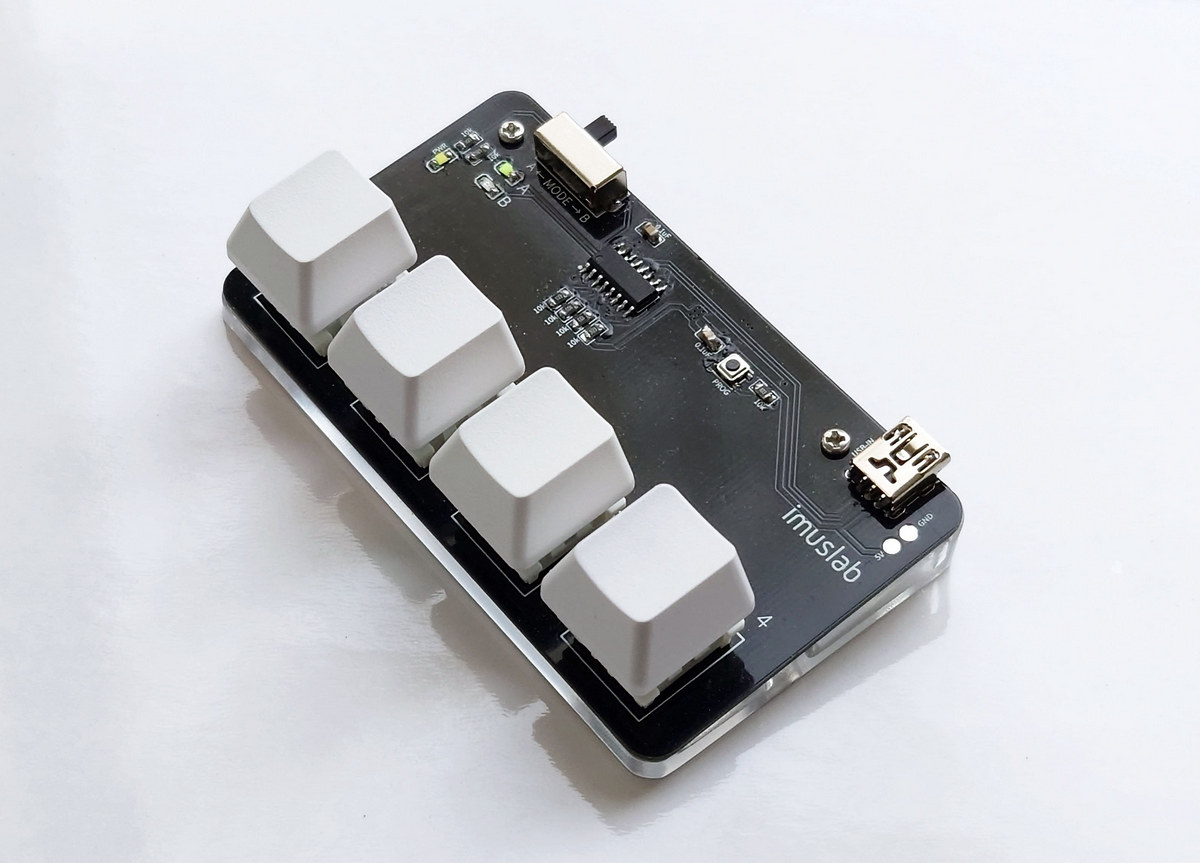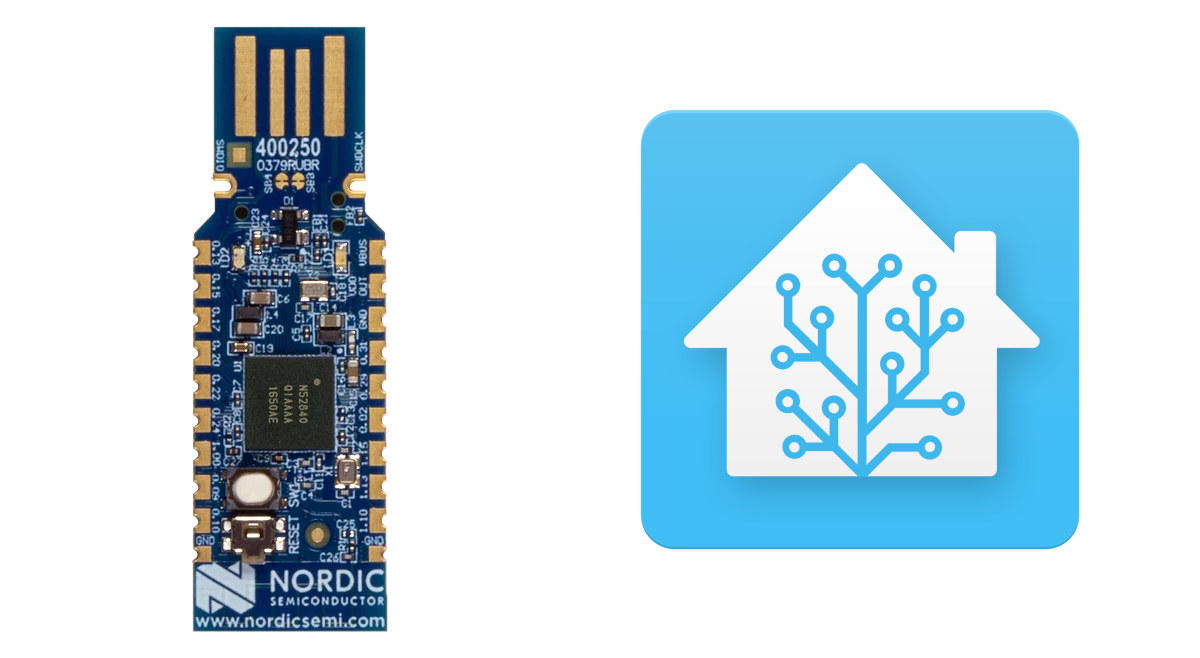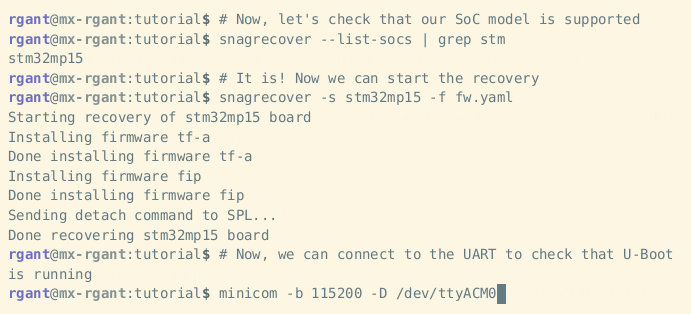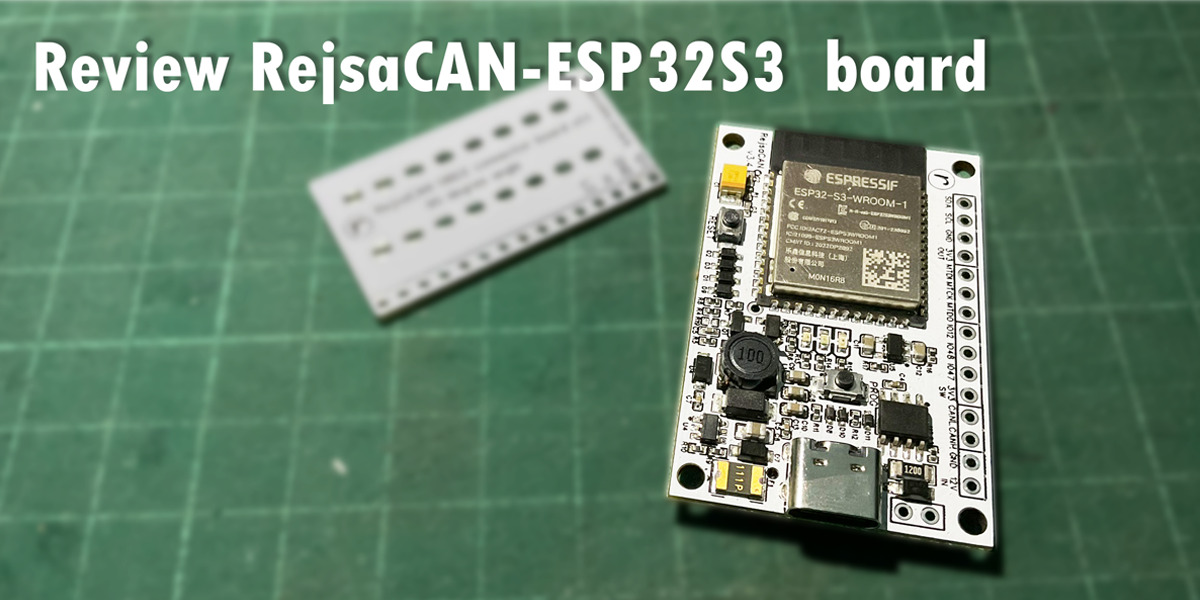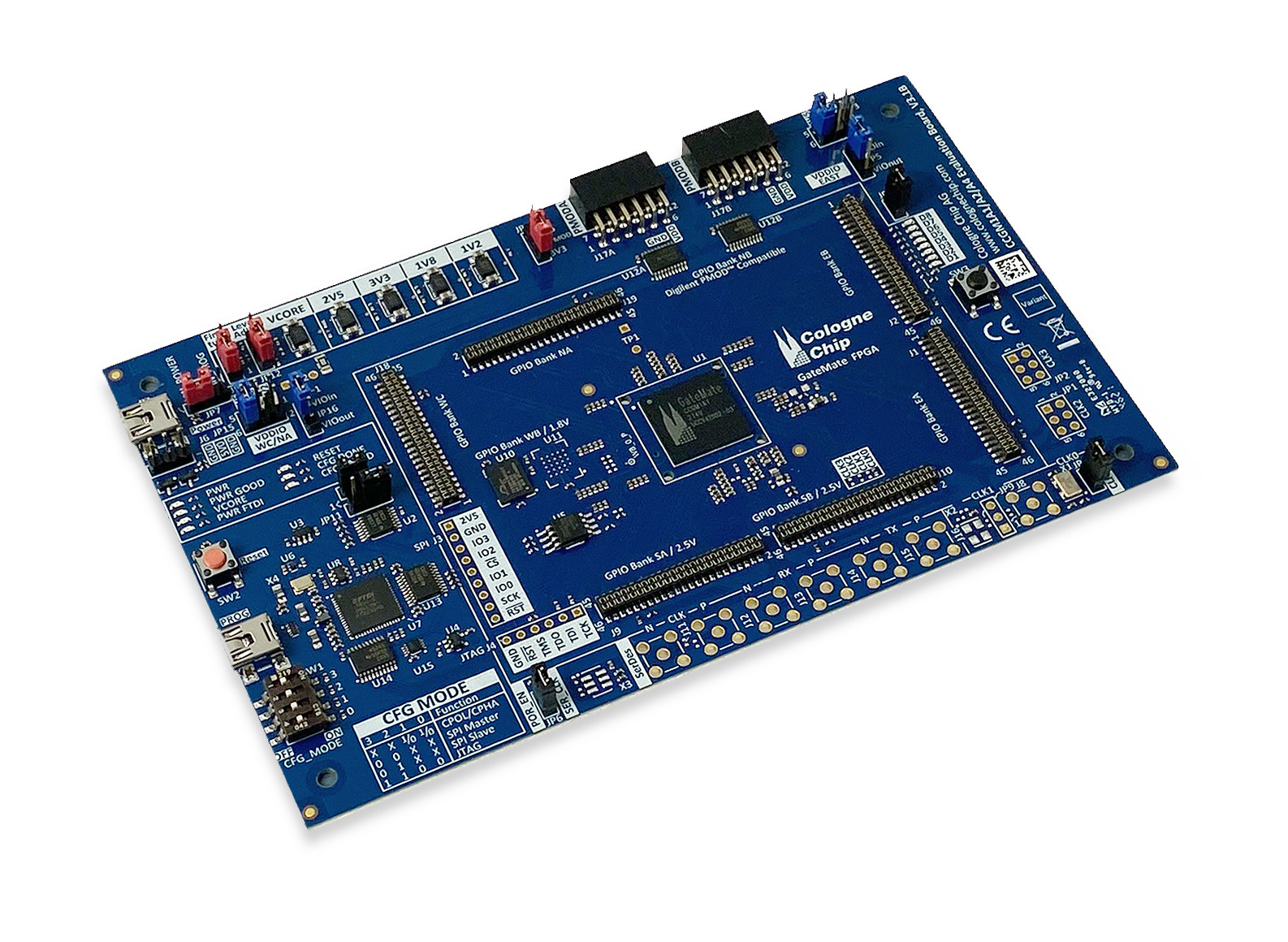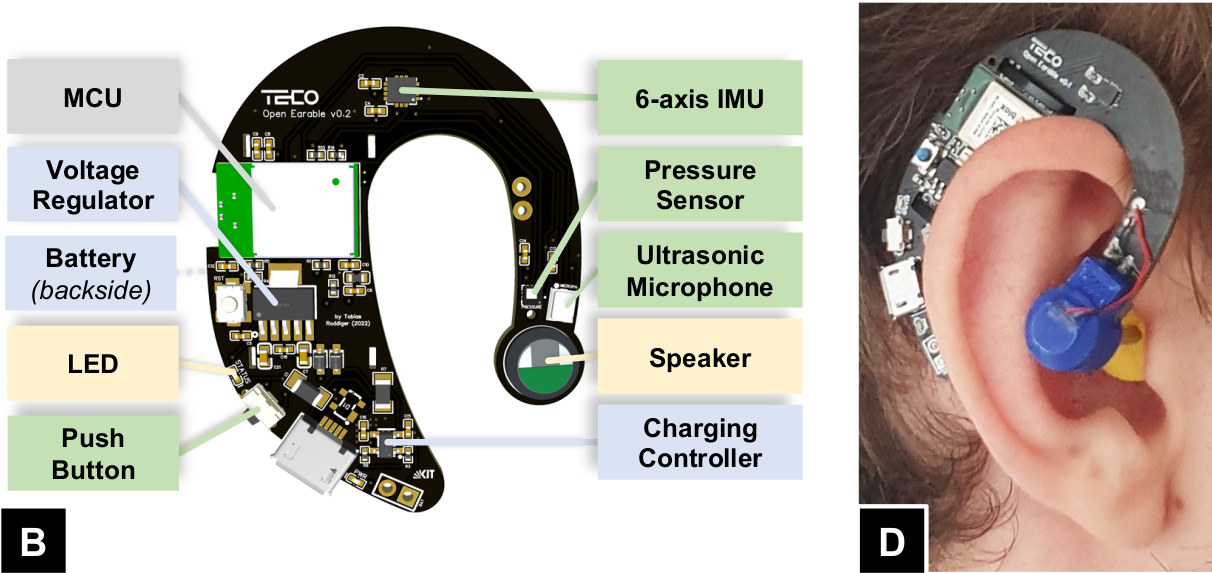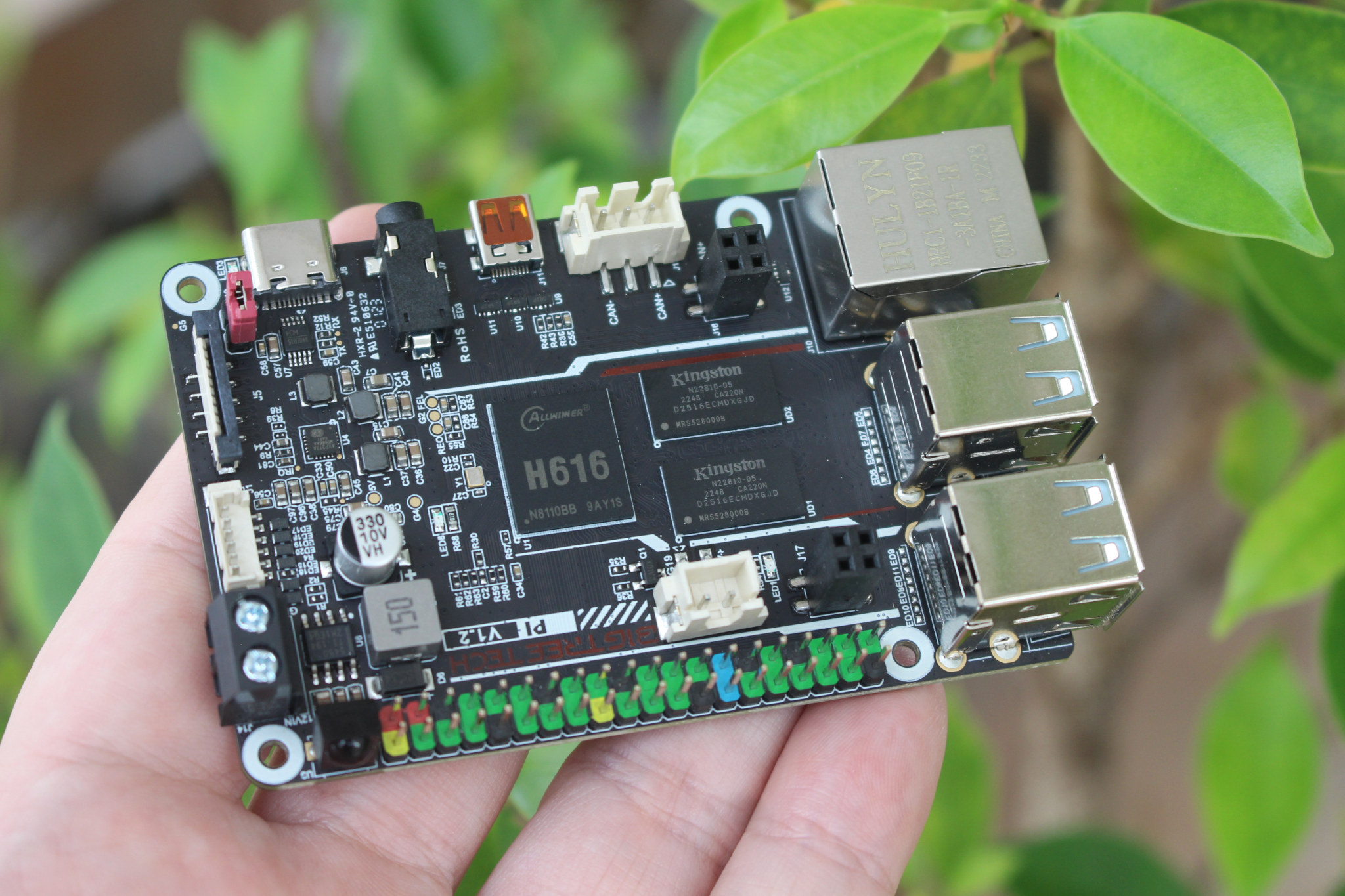The 4xMacropad is a low-cost, open-source hardware 4-key mechanical macro keyboard based on WCH CH552G 8051-compatible USB microcontroller and whose keys can easily be configured from a web browser generating an Arduino sketch. The CH55x family has been around for several years, and we first wrote about the sub-$2 CH551 Mini development board over 5 years ago, but CH552 variants are also found in more recent hardware such as the Turing Screen Screen information display and another rotary encoder shield with two mechanical keys. The 4xMacropad macro keyboard is another CH522 design, but it’s open-source. 4xMacroPad specifications: MCU – WCH CH552G 8051-compatible microcontroller @ 24 MHz with 16KB flash, 1.25KB SRAM USB – 1x mini USB port for power User input – 4x mechanical key switches with keypads Misc – Power LED, Mode switch (A or B), user button Power Supply – 5V via mini USB port The EasyEDA files, […]
zigpy-zboss library makes Nordic Semi nRF52840 Zigbee dongles compatible with Home Assistant
zigpy-zboss is a Python library that adds support for Nordic Semiconductor nRF52840 modules to zigpy open-source Python Zigbee stack project, as well as other Network Co-Processor radios that run firmware based on ZBOSS Open Initiative (ZOI). This enables integration with compatible Zigbee gateway implementations such as Home Assistant’s ZHA integration component and allows users to directly control Zigbee devices from a wide range of manufacturers such as IKEA, Philips Hue, SmartSung SmartThings, ITEAD SONOFF, Xiaomi Aqara, and others. Home Assistant’s ZHA integration already worked with Zigbee dongles based on Silicon Labs Mighty Gecko EFR32MG21 or Texas Instruments CC2652P microcontrollers, but now it’s possible to use nRF52840 dongles and development as Zigbee Coordinators thanks to the zigpy-zboss library. The zigpy-zboss ZBOSS radio library for zigpy source code and resources can be found on GitHub, but note that this is still an unofficial and experimental port, so testers need to manually […]
Snagboot is an open-source cross-vendor recovery tool for embedded targets
Bootlin has just released the Snagboot open-source recovery tool for embedded platforms designed to work with multiple vendors, and currently STMicro STM32MP1, Microchip SAMA5, NXP i.MX6/7/8, Texas Instruments AM335x and AM62x, and Allwinner “sunxi” processors are supported. Silicon vendors usually provide firmware flashing tools, some closed-source binaries, that only work with their hardware. So if you work on STM32MP1 you’d use STM32CubeProgrammer, while SAM-BA is the tool for Microchip processors, NXP i.MX SoC relies on UUU, and if you’ve ever worked on Allwinner processors you’re probably family with sunxi-fel. Bootlin aims to replace all those with the Snagboot recovery tool. The Python tool is comprised of two parts: snagrecover using vendor-specific ROM code mechanisms to initialize external RAM and run the bootloader (typically U-Boot) without modifying any non-volatile memories. snagflash communicates with the bootloader over USB to flash system images to non-volatile memories, using either DFU, USB Mass Storage, or […]
Programming RejsaCAN-ESP32-S3 CAN bus board with Arduino for car “hacking”
The RejsaCAN-ESP32-S3 is an ESP32-S3 board suitable for developers who want to build a car-related project. It can control or read the data from the OBD-II connector in your car using 2.4 GHz Wi-Fi or/and Bluetooth 5 (LE), or for IoT projects, connecting a sensor to the board and sending data to an app, the cloud, or log the data to a microSD Card. The board is designed to be small enough to be installed in a car. The board is an evolution of the previous ESP32-based RejsaCAN-ESP32 with the developer – Magnus Thomé – switching to the ESP32-S3 chip as previously announced. The main specifications are similar, but the ESP32-S3 is a newer LX7 processor with Bluetooth LE 5.0 support, and the ESP32 board had to use a USB-to-serial chip to communicate or upload the program through a PC, but the new board uses the USB interface on […]
Cologne GateMate A1 FPGA chip with 20,480 LE is programmable with an open-source toolchain
Cologne Chip GateMate A1 is an FPGA with 20,480 logic elements best suited for lower-power applications and programmable with an open-source toolchain based on nMigen, Yosys, and other open-source tools. The A1 FPGA also comes with 1,280 Kbit block SRAM, four PLLs, a quad SPI interface up to 100 MHz, a 5Gbps SerDes interface, and the company offers an evaluation board to get started with development. GateMate A1 specifications: CPE Architecture 20,480 programmable elements (CPE) for combinatorial and sequential logic 40,960 Latches / Flip-Flops within programmable elements CPE consists of LUT-tree with 8 inputs Each CPE is configurable as a 2-bit full-adder or 2×2-bit multipliers Features 4x programmable PLLs quad SPI interface up to 100 MHz 1,280 Kbit dual-ported block RAM with variable data widths in 32 x 40 Kbit RAM cells Multipliers with arbitrary size implementable in CPE array Multiple clocking schemas All 162 GPIOs are configurable as single-ended […]
OpenEarable open-source hardware earable platform leverages Arduino Nano 33 BLE Sense ecosystem
OpenEarable is an open-source hardware earable, sometimes also called hearable, that fits around your ear and is based on the same u-blox NINA-B306 module found in the Arduino Nano 33 BLE Sense board. Besides the Nordic Semi nRF52840 Arm Cortex-M4-based Bluetooth LE module, the design also features a speaker and ultrasonic microphone, a 6-axis IMU and a pressure sensor, as well as the circuitry for the battery, two LEDs, and a push button. OpenEarable specifications: Wireless module – U-blox NINA-B306 module powered by a Nordic Semi nRF52840 Arm Cortex-M4F microcontroller @ 64MHz with 1MB Flash, 256KB RAM, Bluetooth 5.0 LE connectivity Audio – Built-in speaker and ultrasonic microphone (Knowles SPH0641LU4H-1) Sensors STMicro LPS22HBTR pressure and temperature sensor STMicro LSM6DSRTR 6-axis IMU with accelerometer and gyroscope USB – Micro USB port for power and programming Debugging – Solder pads for SWD interface Misc – Push button, charging LED, one programmable PWM […]
BIGTREETECH Pi v1.2 – A Raspberry Pi-sized Allwinner H616 SBC for 3D printers
BIGTREETECH Pi v1.2, also known as the BBT Pi v1.2, is a Raspberry Pi-sized Allwinner H616 single board computer (SBC) specially designed for 3D printers with many of the same ports as the Raspberry Pi 3/4, but also features 12V-24V DC power input and connectors for the ADXL345 3-axis accelerometer, CAN Bus, and so on. The board is equipped with 1GB RAM, a microSD card slot to run the operating system (Debian 11 with Klipper), a 4K capable micro HDMI port, Fast Ethernet and WiFi 4 networking, four USB ports, and the usual 40-pin Raspberry Pi header. BTT Pi specifications: SoC – Allwinner H616 quad-core Arm Cortex-A53 @ 1.5GHz with Arm Mali G31 MP2 with support for OpenGL ES 3.2 System Memory – 1GB DDR3L SDRAM Storage – MicroSD card slot Video Output Micro HDMI 2.0a port up to 4Kp60 resolution SPI port for display Audio – 3.5mm audio jack […]
Use Kea DHCP server as ISC DHCP server (dhcpd) is being phased out
The ISC DHCP server (dhcpd) was traditionally used to set up a DHCP server in Linux, but the software is reaching end-of-life, and the Internet Systems Consortium is now recommending their own Kea DHCP server or alternatives such as Dnsmasq or udhcpd (as found in Busybox) as a replacement. I was unaware of this having just used the isc-dhcp-server package to set up a DHCP server in NanoPi R6C router/mini PC earlier this month. But a blog post on Ubuntu informed us dhcpd was going away, and Canonical plans to switch over the Kea DHCP server instead. The main difference from the user perspective is that Kea relies on JSON configuration files so all your dhcpd files will have to be rewritten. Other highlights for the Kea DHCP server include: Modular component design, extensible with hooks modules. Kea includes daemons for a DHCPv4 server, a DHCPv6 server, and a dynamic […]


